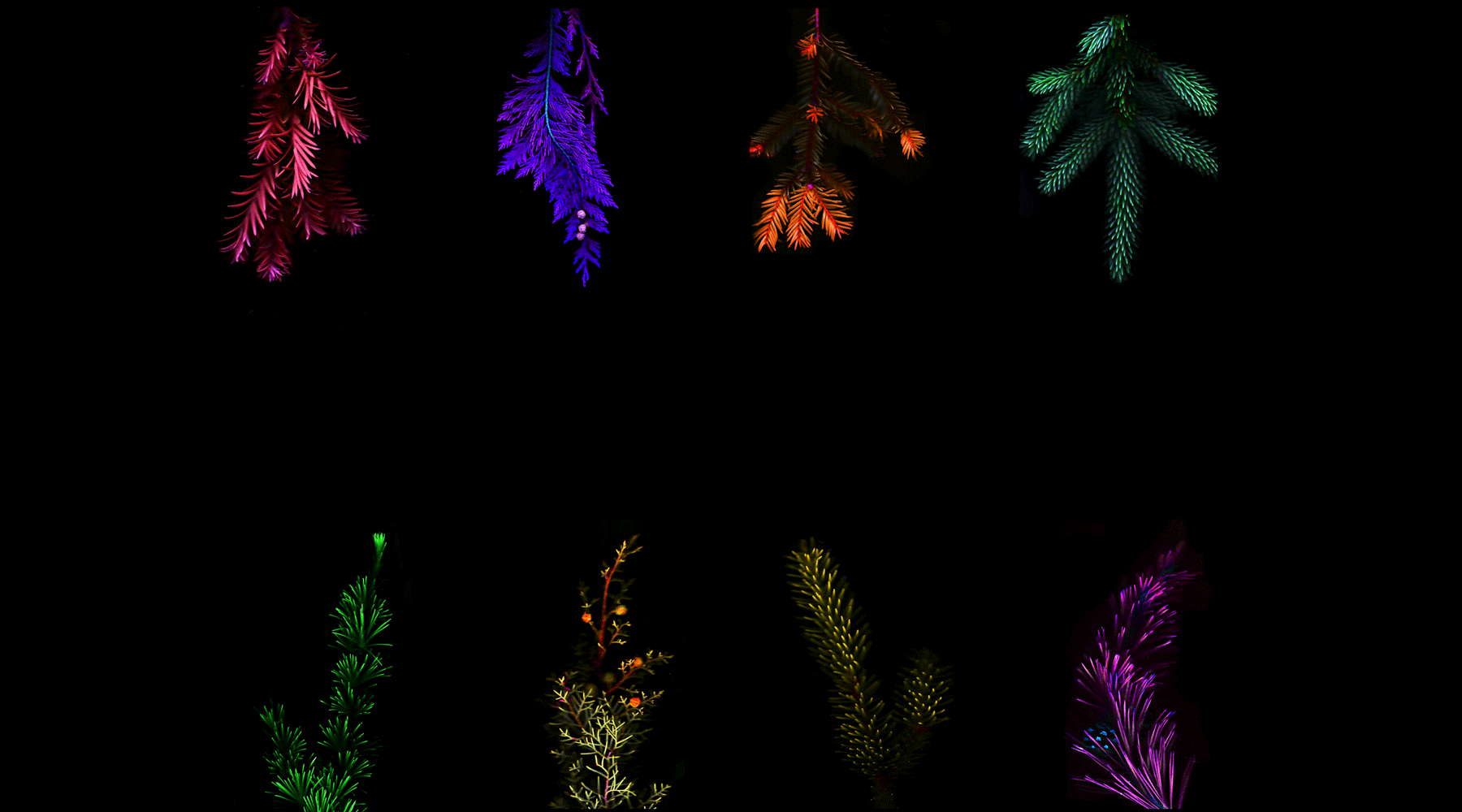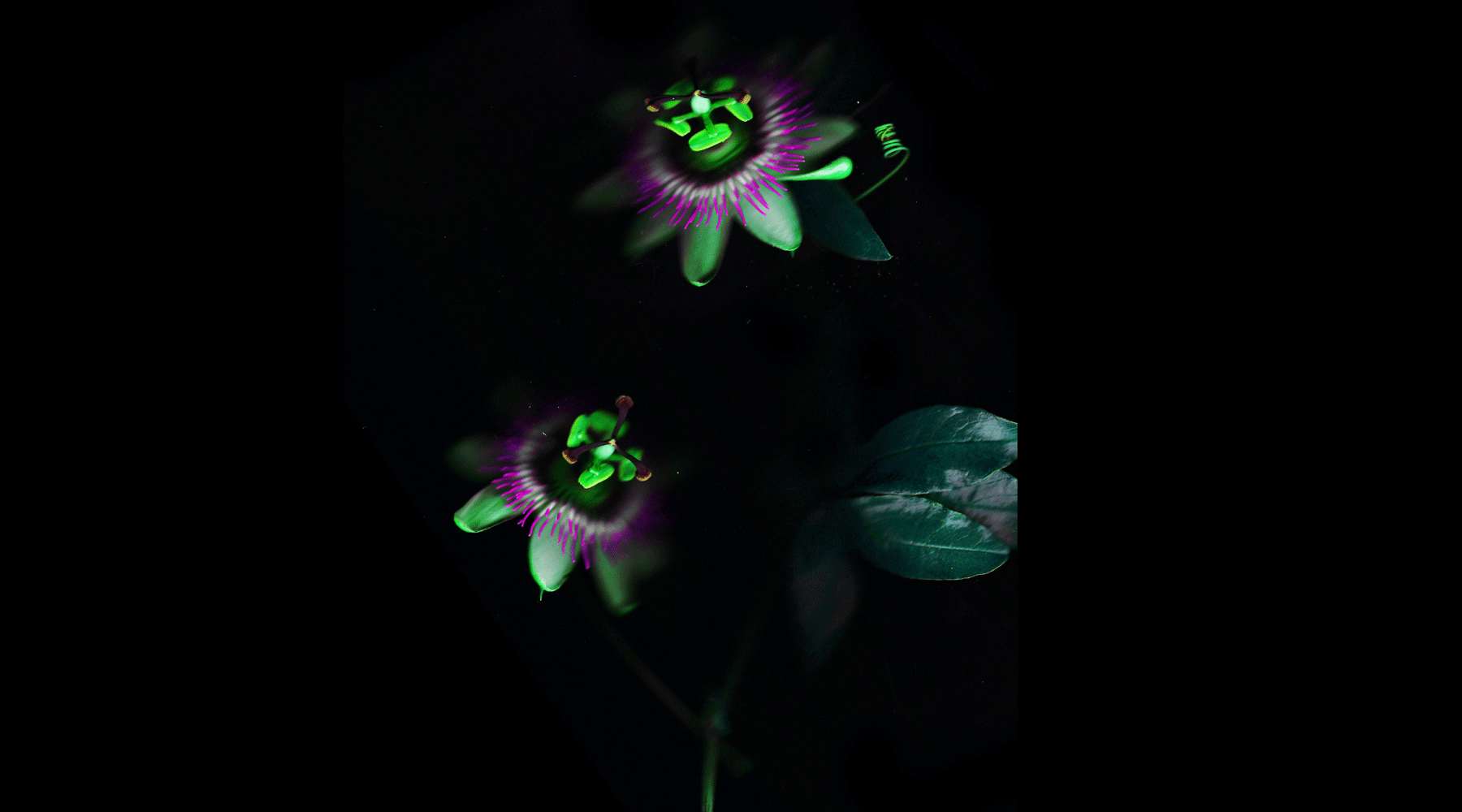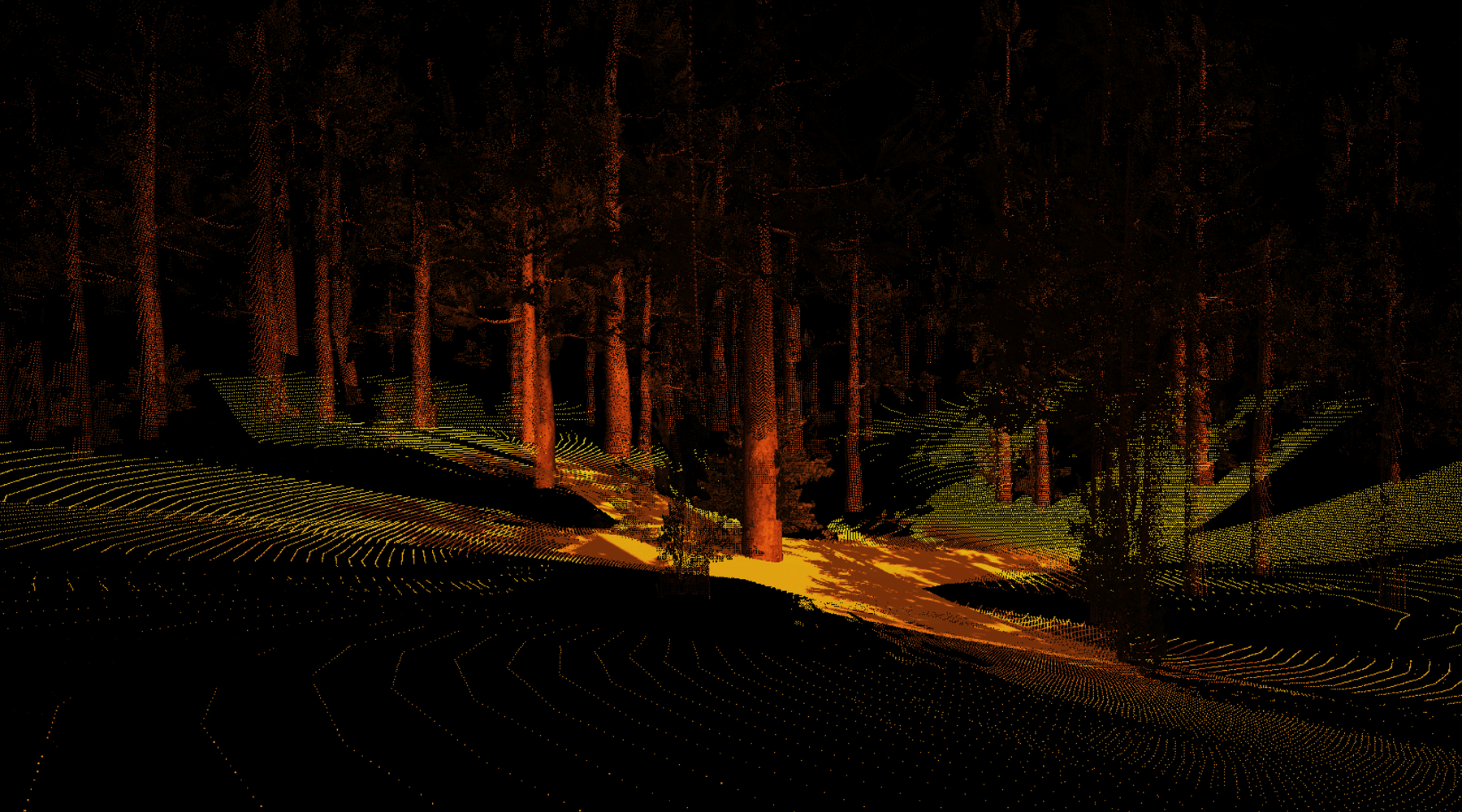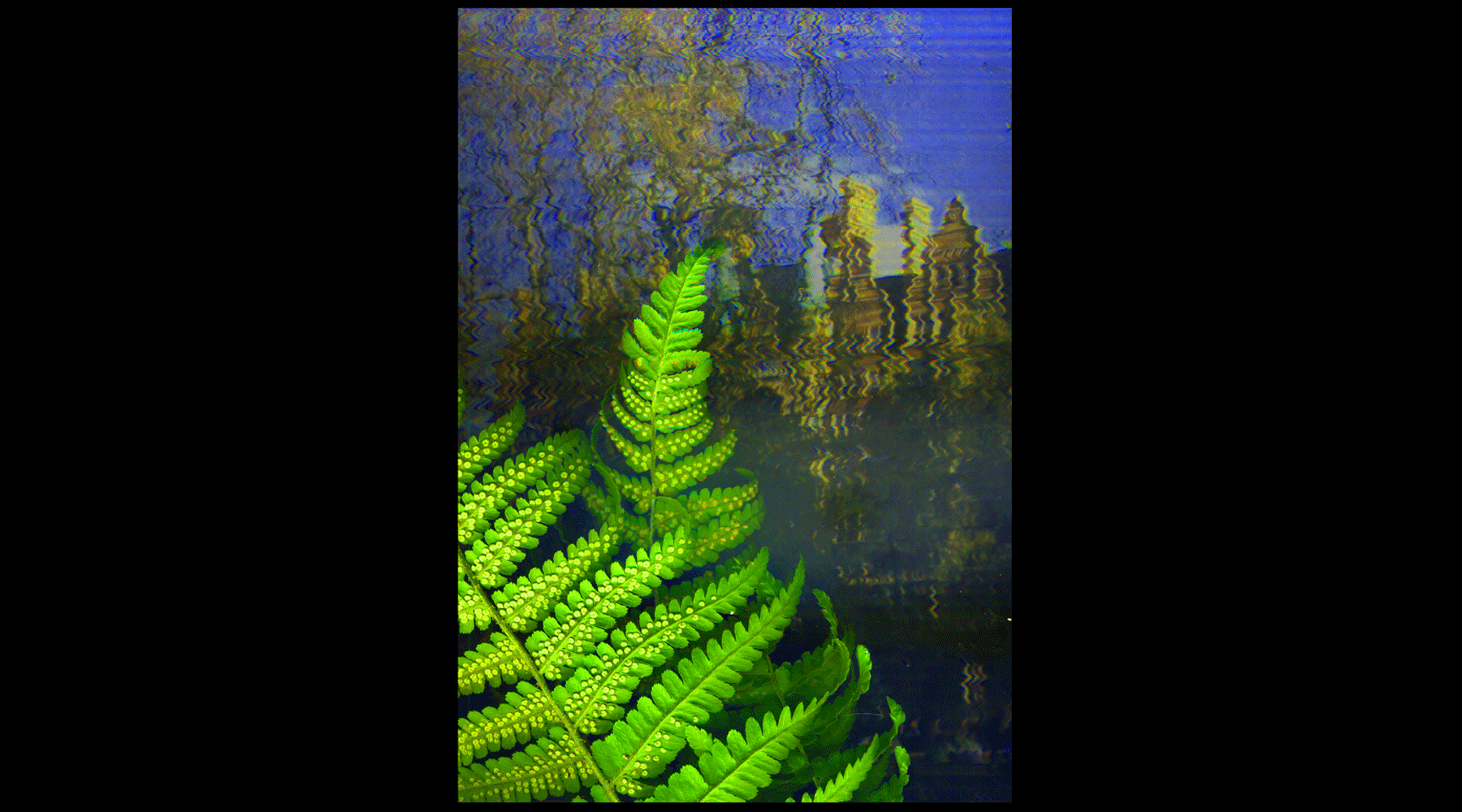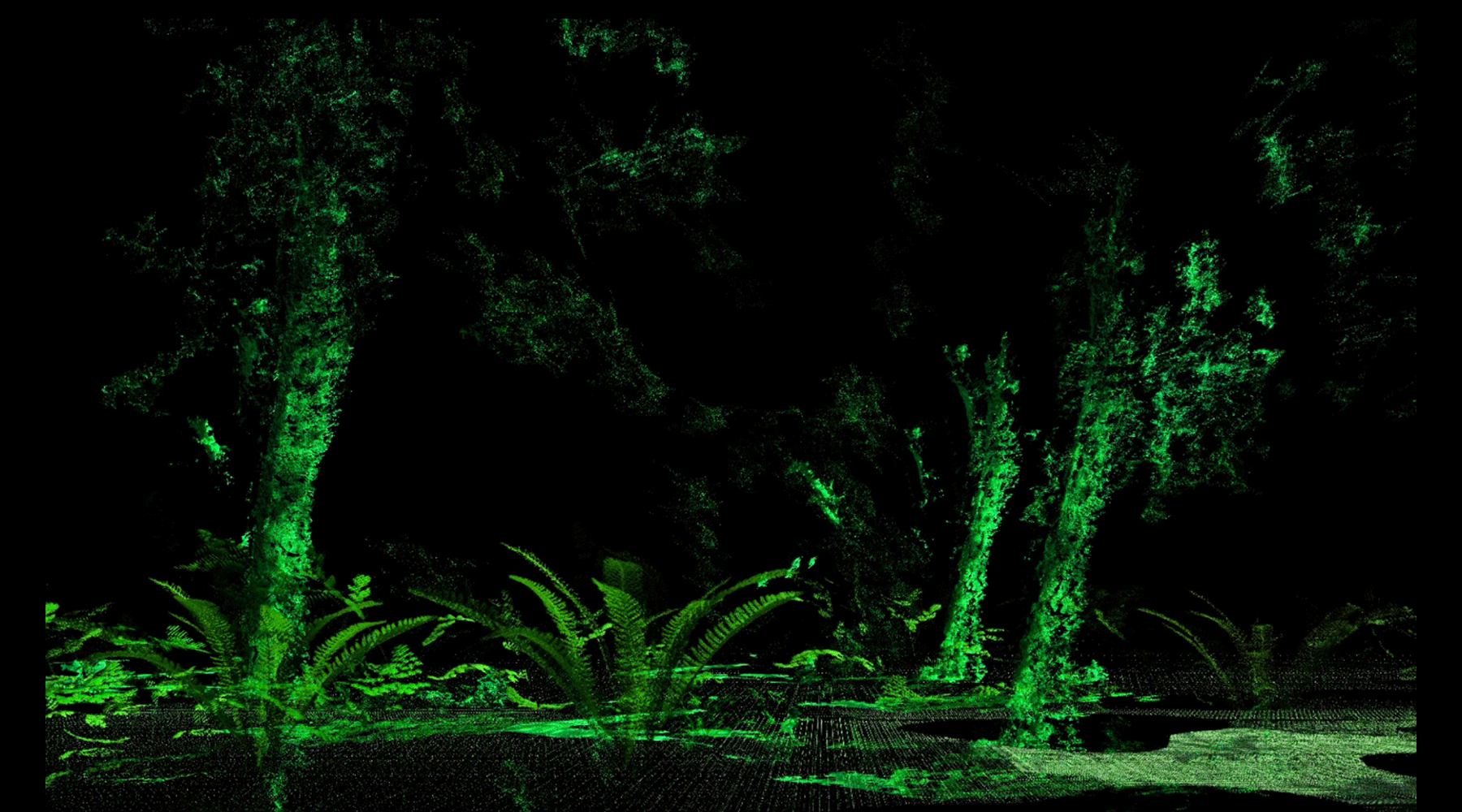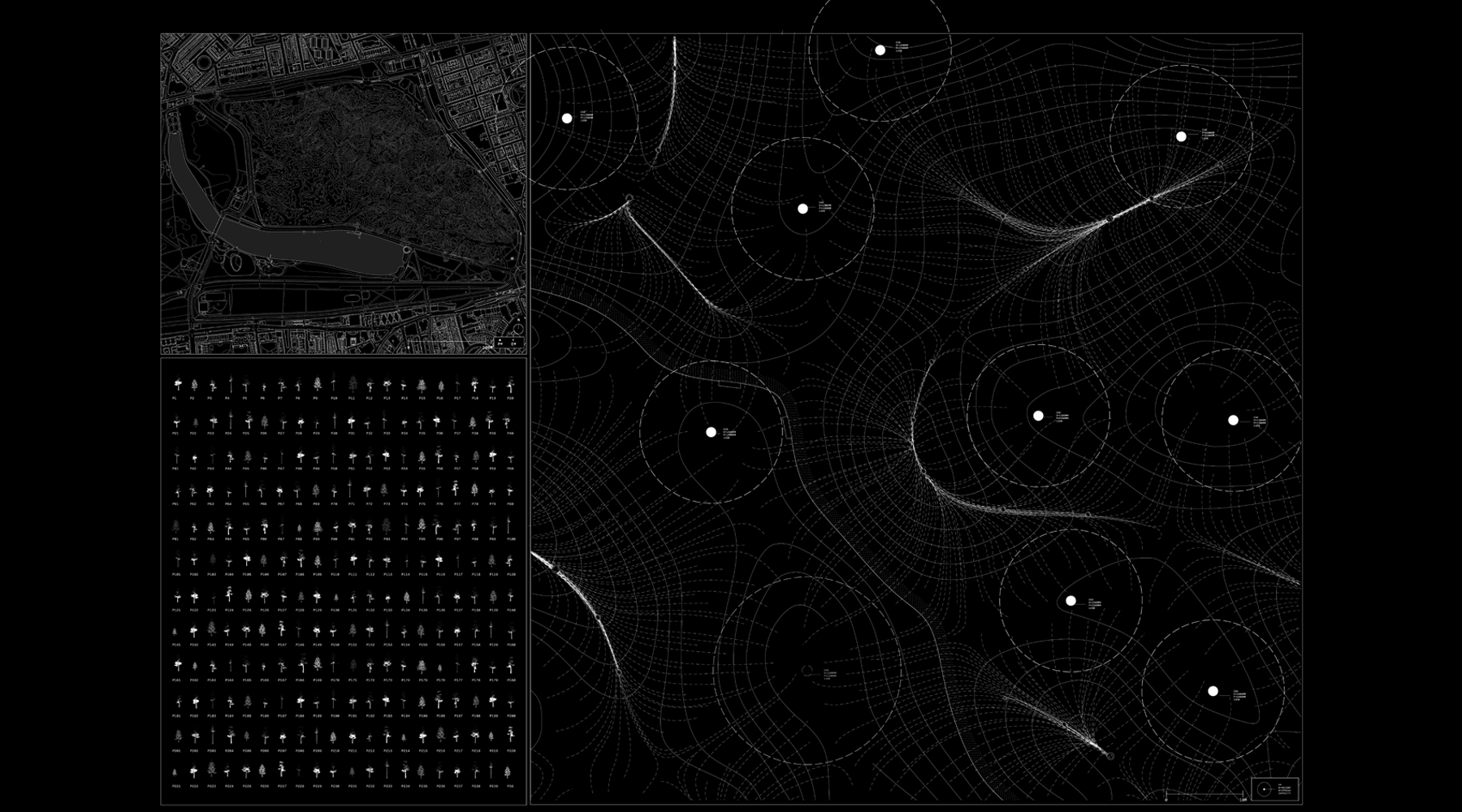Cultivating Feminism[s]: A cyborg future for the data archive
Helena Francis / Studio Otero, Dalkir & Pestellini (London, 2019)

We live in a world mediated by data. Our physical reality is becoming rapidly and increasingly interlaced with the invisible. Here emerges a new virtual and abstracted age where technologies have ‘power’; from algorithmic bias to issues of surveillance and data privacy. The binary nature of the data realm can be framed as inherently divisive; in the categorising bodies, the algorithm enables societal bias surrounding race, gender, class, sexuality, and dis/ability among other social categories of “difference”, to be built into our softwares – inextricably and imperceptibly, earning a feminist critique of technoscience as opaque, blackboxed and unaccountable.
The project is inspired by feminist theory concerning technoscience. In ‘A Cyborg Manifesto’, Haraway argues for eschewing essentialism and for coalition through affinity. The concept of a posthuman cyborg architecture is a rejection of rigid boundaries, transcending issues of gender and advocating for a chimeric world of fusions between nature, human and machine. Thus, the theory of cyborg is realised as a tool of power against binary-oppositions, imagining a future in which constructed identities are fragmentary, fluid, and in-between.
The project reimagines and re-spatialises our relationship with data. It recognises living bodies as data centres in their own right and uses advances in biotechnology to store archival data in the DNA of living plants. As the site of the human, natural and machine worlds, the cyborg plant becomes the architecture of the project.
This re-engineered future advocates for autonomy over data ownership, where archival data belongs to the public and the individual instead of the monopolistic corporation. Power is spatially displaced from the institutionalised data centre to the curated data landscape, which varies in scale from the plant pot to the forest.
The cyborg plant enables a site for technopolitical intervention to counteract the considerable environmental impact of our data storage. The project engineers an alternative materiality for data that emits oxygen and prevents further environmental destruction through transposed data legislation.
Posthuman feminism champions concepts of unpredictability and indeterminacy, therefore, the project manifests as an environment that is beyond human control. London is used as a case study for the redesign of the traditional London garden square into thriving landscapes of non-native species. Through artificial terraforming that establishes microclimate creation, these landscapes are conceptualised as an extension of the tension between the artificial and the natural occurring in the cyborg plants themselves.
The representation of the work is inspired by bird and insect vision in its ultraviolet colours and pixelated resolutions. As a posthuman institution, the project postulates that these landscapes are maintained by robots and frequented by humans, birds, insects and other forms of wildlife as new habitats are formed within the city. The plant is recognised as a site for reproduction and through cross-pollination the offspring cyborg plants will re-write human data to further decentralise the human subject and generate a data future beyond the binary.
Project Credits: Helena Francis, Studio ADS8: Data Matter: “Digital Networks, Data Centres & Posthuman Institutions”, Tutors: Kamil Hilmi Dalkir, Marina Otero Verzier & Ippolito Pestellini Laparelli, Royal College of Art.

